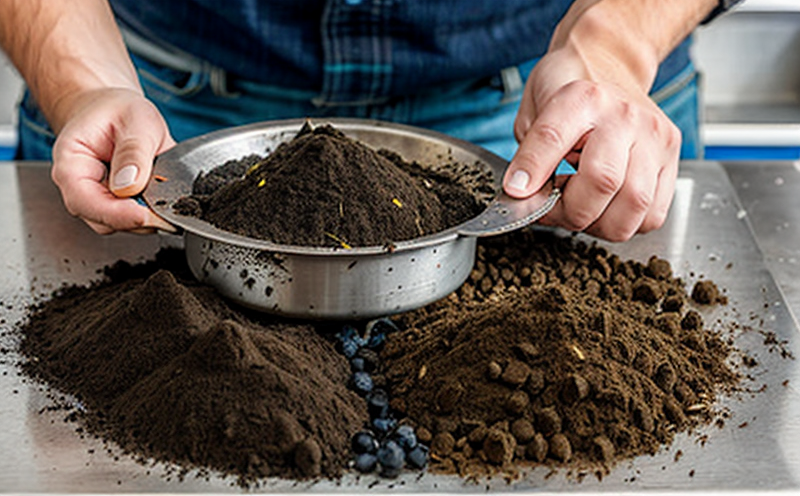Role of additive residue testing in food safety regulations
The Crucial Role of Additive Residue Testing in Food Safety Regulations Why Businesses Cant Afford to Ignore It
As a food producer, manufacturer, or distributor, ensuring the safety and quality of your products is a top priority. The food industry is subject to strict regulations, and non-compliance can result in costly fines, damage to reputation, and even product recalls. In this increasingly complex regulatory landscape, one critical aspect often goes unnoticed additive residue testing.
What is Additive Residue Testing?
Additive residue testing involves analyzing the presence of residues from additives used in food production, processing, or packaging. These additives can include preservatives, antioxidants, emulsifiers, and colorants, among others. The test detects whether these residues exceed permissible limits, ensuring compliance with local and international regulations.
Why is Additive Residue Testing Essential for Businesses?
Additive residue testing plays a vital role in maintaining the integrity of food products and adhering to regulatory requirements. Here are some compelling reasons why businesses cannot afford to ignore this critical laboratory service
Advantages of Additive Residue Testing
Risk Management Additive residue testing mitigates potential risks associated with non-compliance, such as product recalls, financial penalties, and damage to brand reputation.
Compliance Assurance Regular testing ensures that products meet local and international regulatory standards, reducing the likelihood of regulatory issues.
Quality Control By detecting additive residues within permissible limits, businesses can maintain high-quality products, enhancing customer satisfaction and loyalty.
Increased Confidence in Products Additive residue testing instills confidence in products, reassuring consumers about their safety and quality.
Key Benefits
Reduced Regulatory Risks
Compliance with regulatory standards
Avoidance of costly fines and penalties
Prevention of product recalls
Enhanced Quality Control
Detection of additive residues within permissible limits
Maintenance of high-quality products
Increased customer satisfaction and loyalty
Increased Business Confidence
Assurance that products meet regulatory requirements
Reduced risk of regulatory issues
Enhanced brand reputation
QA Section
Q1 What types of additives are typically tested for residues?
A1 Our testing services cover a wide range of common food additives, including preservatives (e.g., sodium benzoate), antioxidants (e.g., butylated hydroxyanisole), emulsifiers (e.g., mono- and diglycerides), and colorants.
Q2 Why do regulatory bodies require additive residue testing?
A2 Regulatory agencies mandate additive residue testing to ensure public health and safety. Excessive additive residues can cause adverse health effects, so detecting them within permissible limits is crucial for maintaining food safety standards.
Q3 What are the consequences of non-compliance with additive residue regulations?
A3 Non-compliance can result in costly fines, product recalls, and damage to brand reputation. In severe cases, businesses may face closure or significant financial penalties.
Conclusion
Additive residue testing is a critical component of food safety regulations, ensuring that products meet regulatory standards and maintain high quality. By incorporating this laboratory service into your quality control protocols, you can mitigate risks, ensure compliance, and build confidence in your products. At Eurolab, our experienced team provides comprehensive additive residue testing services to support your business needs.
By understanding the importance of additive residue testing and implementing it as a standard practice, businesses can
Reduce regulatory risks
Enhance quality control
Increase confidence in products
Dont compromise on food safety; choose Eurolabs trusted laboratory services for accurate and reliable results.




